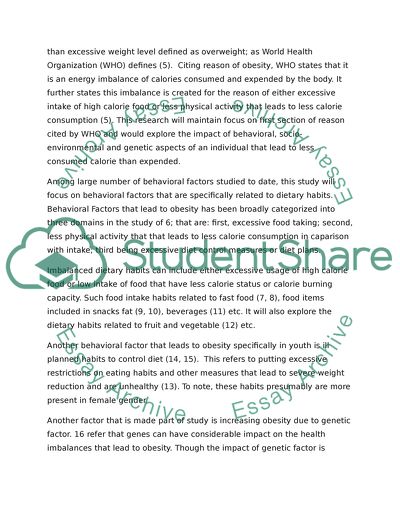Cite this document
(“Qualitative Research Proposal Essay Example | Topics and Well Written Essays - 2000 words - 1”, n.d.)
Qualitative Research Proposal Essay Example | Topics and Well Written Essays - 2000 words - 1. Retrieved from https://studentshare.org/health-sciences-medicine/1606738-qualitative-research-proposal
Qualitative Research Proposal Essay Example | Topics and Well Written Essays - 2000 words - 1. Retrieved from https://studentshare.org/health-sciences-medicine/1606738-qualitative-research-proposal
(Qualitative Research Proposal Essay Example | Topics and Well Written Essays - 2000 Words - 1)
Qualitative Research Proposal Essay Example | Topics and Well Written Essays - 2000 Words - 1. https://studentshare.org/health-sciences-medicine/1606738-qualitative-research-proposal.
Qualitative Research Proposal Essay Example | Topics and Well Written Essays - 2000 Words - 1. https://studentshare.org/health-sciences-medicine/1606738-qualitative-research-proposal.
“Qualitative Research Proposal Essay Example | Topics and Well Written Essays - 2000 Words - 1”, n.d. https://studentshare.org/health-sciences-medicine/1606738-qualitative-research-proposal.


